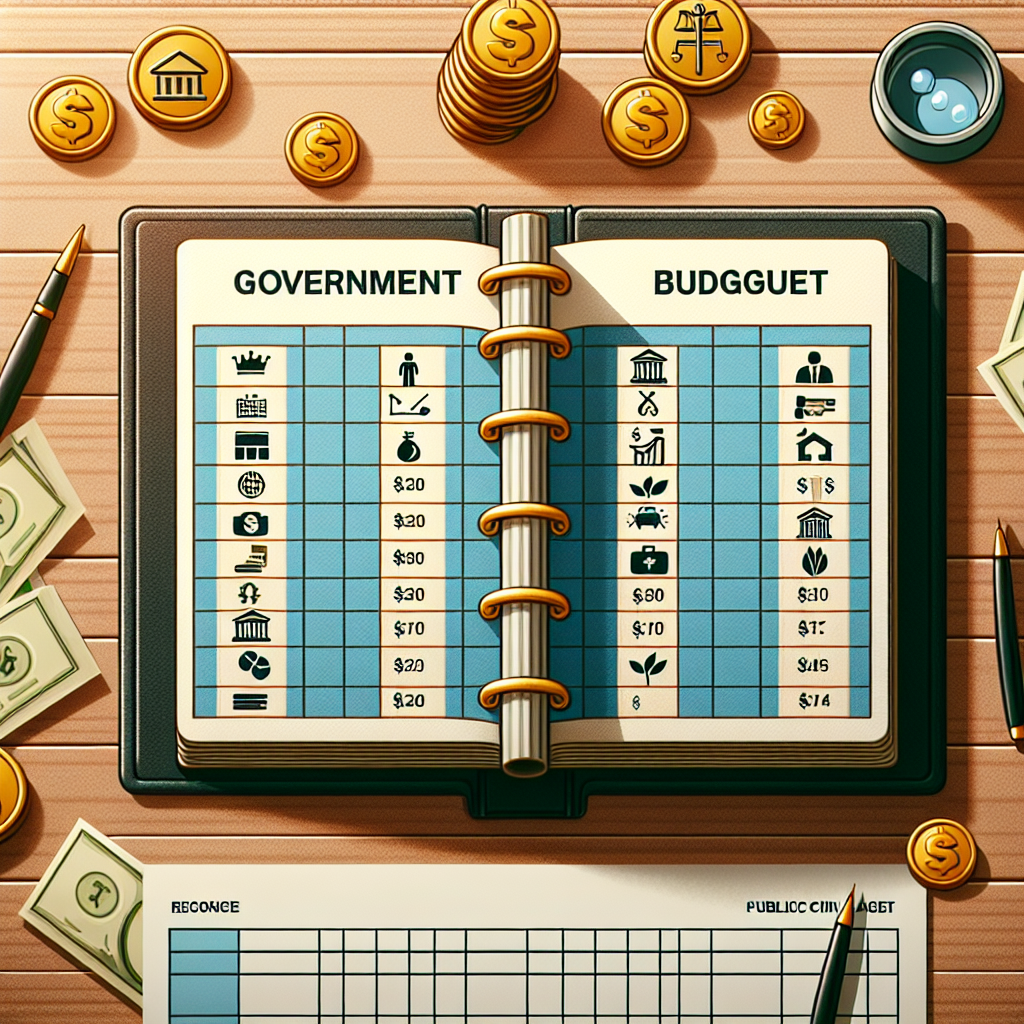Israel's Wartime Budget: A Fiscal Balancing Act Amid Conflict
Israel's cabinet has approved a wartime budget package featuring tax increases and spending cuts to support military efforts in prolonged conflict. With a 40-billion-shekel measure, the budget aims to offset a significant deficit. Economic pillars like tech and construction are strained by war impacts.

On Friday, the Israeli cabinet gave the green light to a long-stalled wartime budget package, initiating a series of tax hikes and spending reductions essential for financing an ongoing conflict with no foreseeable resolution.
To fund military expenditures, Israel has increased defense allocations by billions of shekels, deploying troops extensively in Gaza and Lebanon. The resulting economic slowdown, exacerbated by workforce shortages, led the finance ministry to slash the 2024 growth forecast to 0.4%, down from 1.1%. Key sectors, particularly technology, construction, and agriculture, are grappling with the dual shocks of active reservists and Palestinian worker exclusions.
Finance Minister Bezalel Smotrich emphasized ensuring national security and economic resilience within the 2025 budget. The budget outlines a significant 40-billion-shekel approach to mitigate an 8.5% GDP deficit. Total expenditure stands at 744 billion shekels, allocating 161 billion shekels for debt. Notably, value-added tax will rise, impacting Israeli households, alongside widespread governmental spending cuts. Parliamentary approval is anticipated by January to avoid election triggers by March's end.
(With inputs from agencies.)










